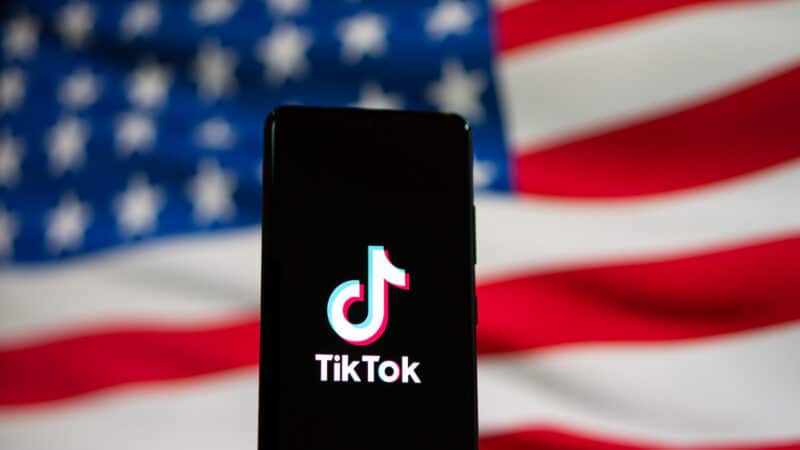
TikTok Takes Legal Action Against Controversial U.S. Law: What It Means for Digital Marketing and Communication
As the digital landscape continues to evolve, legal battles can reshape how content is created and shared online. TikTok, the platform that has captivated 170 million users in the U.S., is making headlines by challenging the upcoming “Protecting Americans from Foreign Adversary Controlled Applications Act.” This move, aimed at halting the law before its implementation on January 19, raises crucial questions about freedom of speech and the future of digital communication.
At the heart of TikTok’s argument is the claim that this law violates the First Amendment rights of its users by potentially shutting down a primary communication channel. With its origins dating back to 2018, TikTok has become a significant platform for not only entertainment but also for brands looking to reach a young and engaged audience. The implications of this legal battle could reverberate not only through the platform and its vast user base but also through the broader digital marketing ecosystem.
Brand marketing strategies often rely heavily on social media platforms like TikTok, where creativity meets wide reach. As the legal proceedings unfold, companies and marketers alike should be aware of how these changes could impact their strategies. The possibility of the law leading to the shuttering of TikTok represents not just a loss of a marketing channel, but also a shift in how brands interact with consumers in the digital space.
Furthermore, this situation underscores the importance of data privacy and transparency, especially concerning TikTok’s Chinese parent company, ByteDance. Businesses must continuously evaluate their marketing tactics and consider the privacy implications of the platforms they choose. The outcome of TikTok’s legal challenge could establish precedence for how digital platforms and foreign investments will be regulated in the future, making it vital for marketers to stay informed.
As the discussion surrounding TikTok and its legal challenges continues, the convergence of URL shorteners and link management tools adds another layer of complexity. Tools like URL shorteners can help brands streamline their digital marketing efforts, offering analytics on user engagement and making links more manageable and appealing. Whether utilizing a custom domain or employing a short link maker, the integration of these tools is essential for effective online marketing.
In the context of these ongoing developments, understanding how to effectively use short links can enhance visibility and engagement. By harnessing tools like BitIgniter and LinksGPT, marketers can create concise, trackable links that resonate with audiences on platforms like TikTok, even amidst the uncertainty of its legal status. As TikTok developers and influencers adapt to potential changes, the agility afforded by link management solutions is more critical than ever.
In conclusion, TikTok’s legal challenge represents a pivotal moment for not only the platform but also for the entire digital marketing landscape. Brands should remain vigilant as these proceedings unfold, ensuring their strategies are adaptable to the evolving regulatory environment. Social media’s power as a marketing tool is undeniable, and so is the need for comprehensive link management strategies to navigate the challenges ahead.
#DigitalMarketing #TikTok #LegalChallenges #BitIgniter #LinksGPT #UrlShortener #UrlExpander

